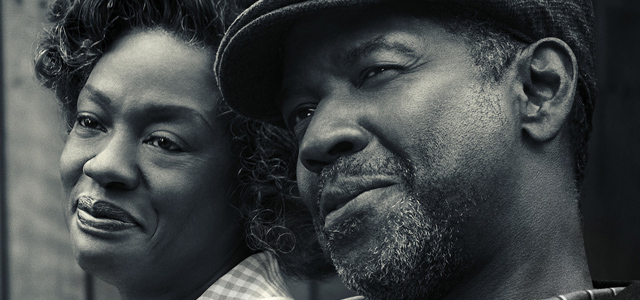Two months ago I was standing on Edmund Pettus Bridge in Selma, Alabama, USA, and I was contemplating the bloody history contained within its short metal span. The name might not mean much to you, unless perhaps you are a fan of American history or cinema. In 2014, the film Selma reminded the world of the role the bridge played in African-America’s journey towards political freedom. In Selma, David Oyelowo played Martin Luther King, the Alabama church leader who backed a 1965 protest march from Selma to Alabama’s capital, Montgomery.
The Edmund Pettus Bridge was both a geographical and psychological barrier. On its far side, state troopers waited. They had been ordered to use “any means necessary” to stop the protestors. Images of the horrible beatings that followed flashed around the world, fuelling the campaign that would eventually result in guaranteed voting rights for African-Americans.
Voting rights haven’t delivered an enlightened future.
But how much actually has changed? I was recently travelling through America’s southern states working on a new documentary series. The city of Selma certainly seems different. It’s had several black mayors since King’s time. Montgomery, once a leading centre for the slave trade, is proud of its newer, enlightened history.
But voting rights haven’t delivered an enlightened future. African-Americans are raising their social and economic status, but within a country that seems to be sinking around them. The south struggles under twin burdens of poverty and hopelessness. Every third business in Selma’s main street is boarded up. Unemployment is rampant. Obesity is now the defining American characteristic. It’s also easy to walk along the streets of Selma and find one person who will say, “Everything has changed!” and another who will reply, “Nothing has.” One thing unites, though. The exchange of a Democratic black American president for a white Republican one hasn’t increased the hopes of anyone I spoke with.
In the midst of this malaise, the start of 2017 is seeing Hollywood releasing four films that deal with African-American issues and triumphs.
Nominated for a bunch of Oscars, Hidden Figures is the true story of the African-American women who helped the United States win the space race.
Also up for Academy Awards is Fences, starring Viola Davis and Denzel Washington (who also directs). Fences unveils the fictional story of Troy Maxson, whose life is warped by the poverty and discrimination forced on him by black-white relations. Troy tethers his son’s success, because he cannot believe it’s possible for the boy to rise above the racism that blighted his own dreams.
Coming soon to cinemas is Loving, starring Ruth Negga and Joel Edgerton. It tells the story of Richard and Mildred Loving, an interracial couple arrested in Virginia in 1958 and sentenced to one year in prison for being married. The legal battle to uphold their union travels to the Supreme Court which rules that any prohibition of interracial marriage is unconstitutional.
Also out this year is updated version of The Birth Of A Nation, a screen story based on the 19th century slave rebellion led by African-American preacher Nat Turner. He becomes responsible for the deaths of more than 55 white people but is generally regarded as a hero.
Why are these historical stories and cautionary tales being told? Because supporters of African-American rights realise that rehearsing who they are is just as important as raising education levels and lowering obesity. There is no gain in improving your circumstances if you lose your identity in the process – a lesson Christians should be familiar with. As Jesus put it, “You are the salt of the earth. But if the salt loses its saltiness, how can it be made salty again?”
God’s plans may appear to move slowly, but they too will prove to be irresistible.
Over the last 80 years, Australian Christianity has moved from being honoured, to tolerated, then ignored and now vilified. Like the African-American community, we can work for change on a political or educational front – the documentaries I am involved with want to share how Christianity has benefitted the secular world. But we also need to remember that holding on to who we are begins with rehearsing our stories.
Veteran church planter Andrew Heard believes the persecution that awaits Australian Christians will begin with the pressure to become “people pleasers”, and lead to an increasing silence about faith. In the face of that, we need to hold on to our distinctive history – the birth of our Saviour, Jesus’ death and resurrection, the advance of the church through the power of His Spirit.
Rehearsing our stories, to ourselves and each other, will keep us from sliding into sorrow or frustration. Like the African-American community, we can look back to be reminded that things do change. God’s plans may appear to move slowly, but they too will prove to be irresistible.
Mark Hadley














